Companies and Brands
Top 10 Brands That Know the Secret of Loyalty
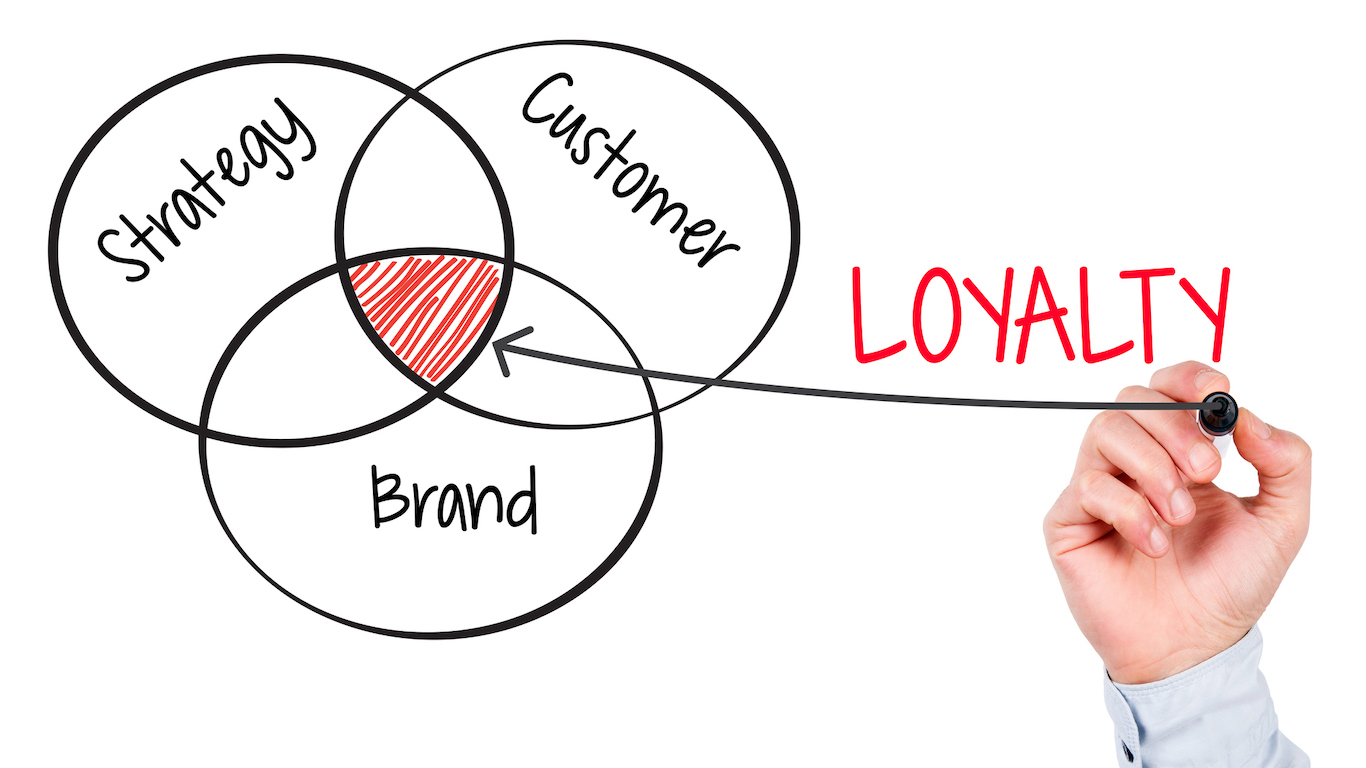
Published:
Last Updated:

Building a brand takes time — and money. Lots of money, judging by the $5.25 million CBS reportedly charged for a 30-second commercial during Sunday’s Super Bowl.
The football game featured ads from companies consumers might not have heard of before and from companies that have been around for decades. Among the latter group, brands are telling consumers that “you know us, you’ve trusted us, and we’re the same good guys we’ve always been.”
Consumers’ expectations rise annually by an average ranging from 2% to 25%, according to Robert Passikoff, president of brand consultancy Brand Keys. Commenting on the firm’s 2019 customer loyalty engagement index, Passikoff said that “Trust…has become the connective tissue between brands and customer loyalty.”
Expectations for trust, he added, are up across all product/service categories and brands an average of 250+% year over year. Meanwhile, customer concerns regarding privacy, security, and brand transparency have reached a tipping point.
Calling the increases in trust expectations an “unprecedented spike,” Passikoff notes that loyalty to a brand is “a fusion of emotional engagement, trust, and an ability for a brand to engage.” He also noted three “fiscal realities” of consumer loyalty that are hugely important to companies:
It costs nine to 11 times more to recruit a new customer than to keep an existing one.
An increase in loyalty of only 7% can lift lifetime profits per customer by as much as 85%
Depending upon the sector, an increase in loyalty of just 3% is equivalent to a 10% across-the-board cost reduction program.
Brand Keys’ customer loyalty engagement index is based on a survey of more than 51,000 U.S. consumers who self-select and rate the products and brands they use. This year’s survey identified 10 brands (from a total of 822) that regularly rank first in their categories — some have held that ranking since the time the category was established.
Here’s the list (visit the Brand Keys website for a complete list of 85 categories and the top company in each):
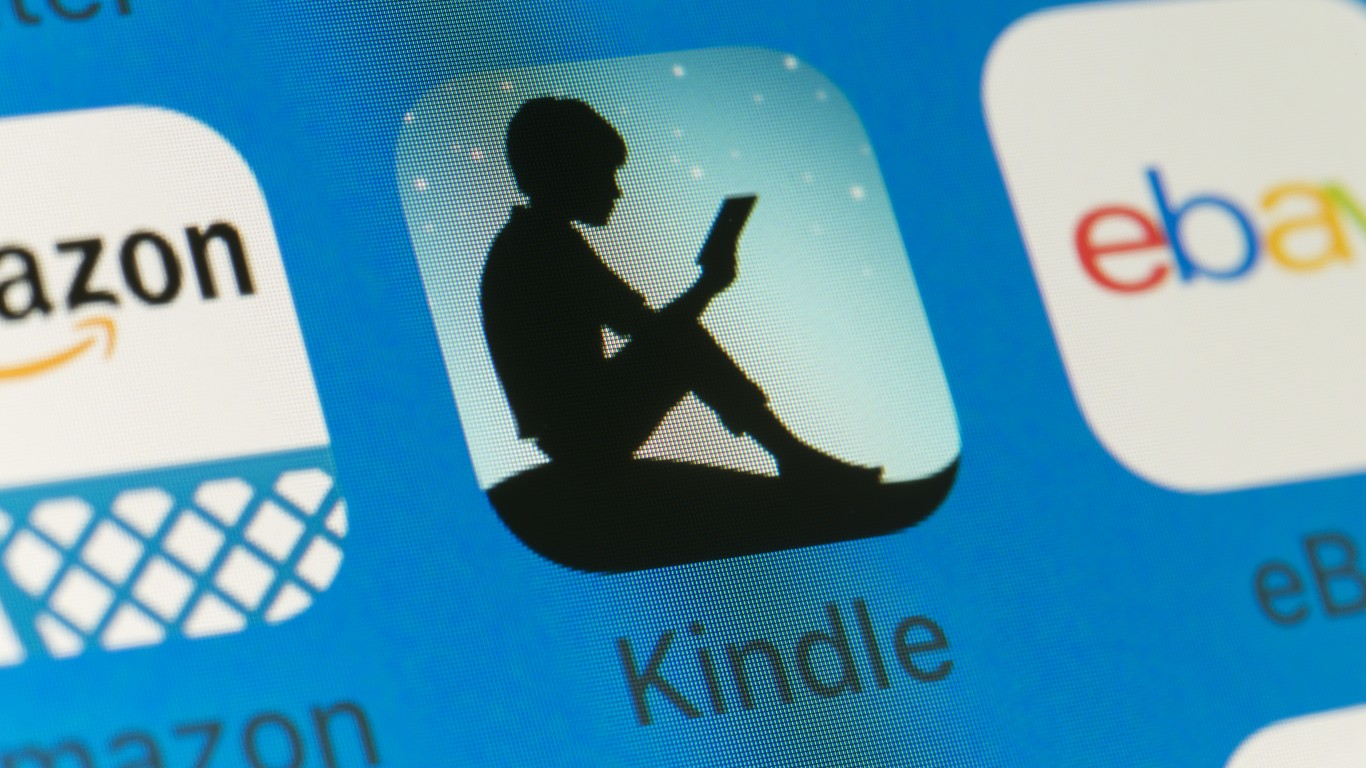
10. E-reader: Amazon Kindle
> Brand loyalty: 9 years
When Amazon introduced the first Kindle e-reader in 2007, the device cost $399 and the first run sold out in hours. By 2012, the Kindle had dropped in price to as low as $60 or $70 and effectively rubbed out its competitors. A basic Kindle, now in its eighth generation, has a list price of $100; the top of the line Oasis model costs $360. An extended range of products with a solid brand name, one could argue that Kindle is the rock on which other Amazon-branded hardware products were built.
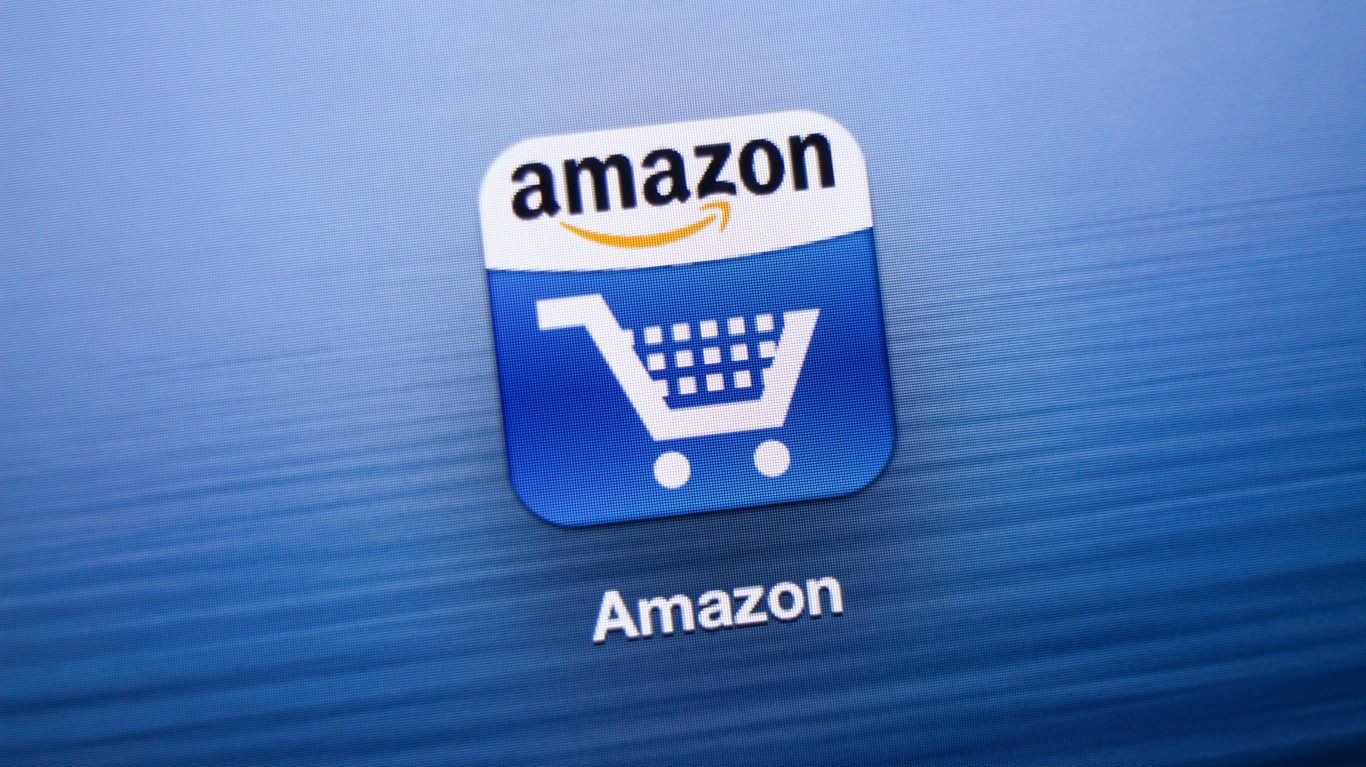
9. Online Retailer: Amazon.com
> Brand loyalty: 10 years
Amazon.com missed being the world’s first e-commerce site by about 15 years, but once it hit the web in 1994, the company owned the next 25 years. Consumers mostly love Amazon for its convenience, low prices, and general attention to customers. The company built its brand loyalty one shipment at a time and will likely continue to be judged on that basis going forward.
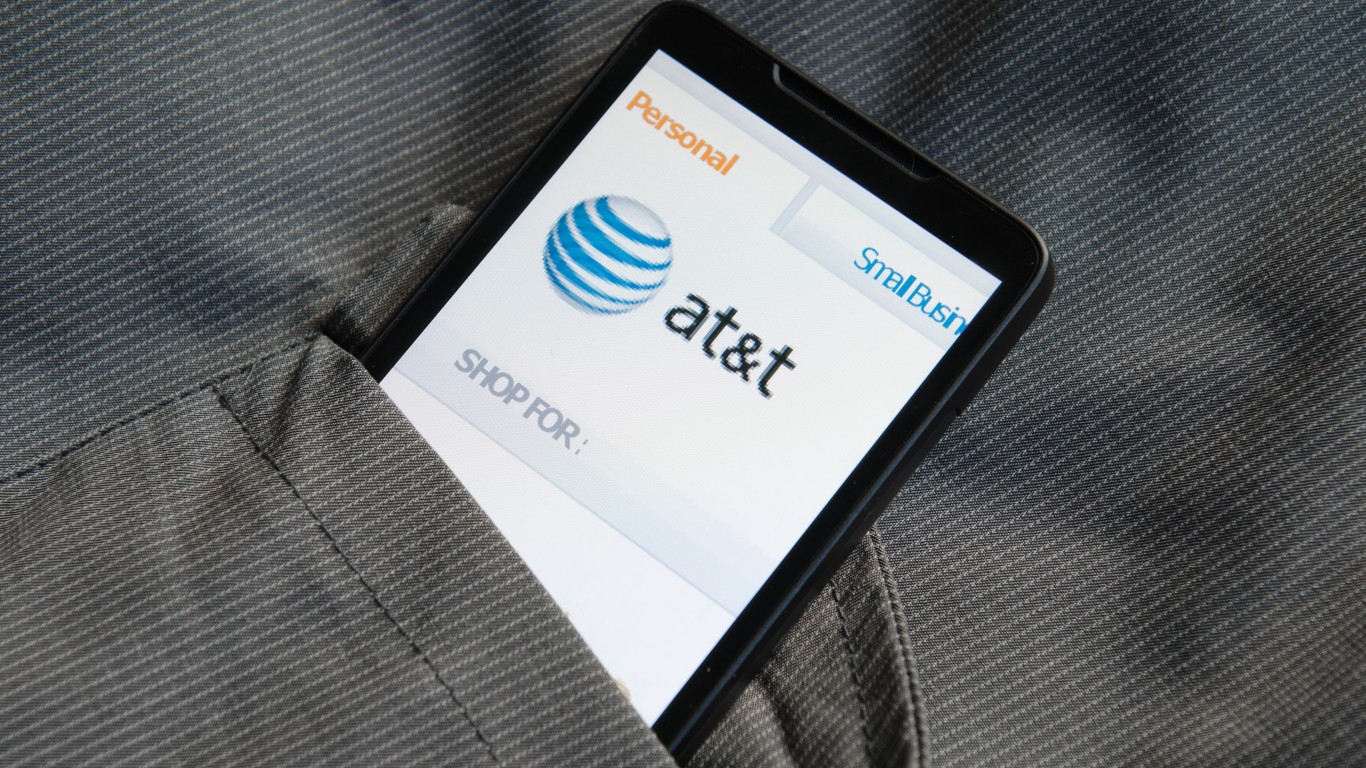
8. Wireless: AT&T
> Brand loyalty: 10 years
AT&T has been conducting business under that name (or acronym) since 1885. Longevity counts for something in brand loyalty, as does being just one of a handful of large companies competing for the same customers in a business that depends on scale. AT&T’s customer satisfaction score is right on average for the wireless industry, but its strong connection to the communications industry’s history makes the company a brand loyalty leader.
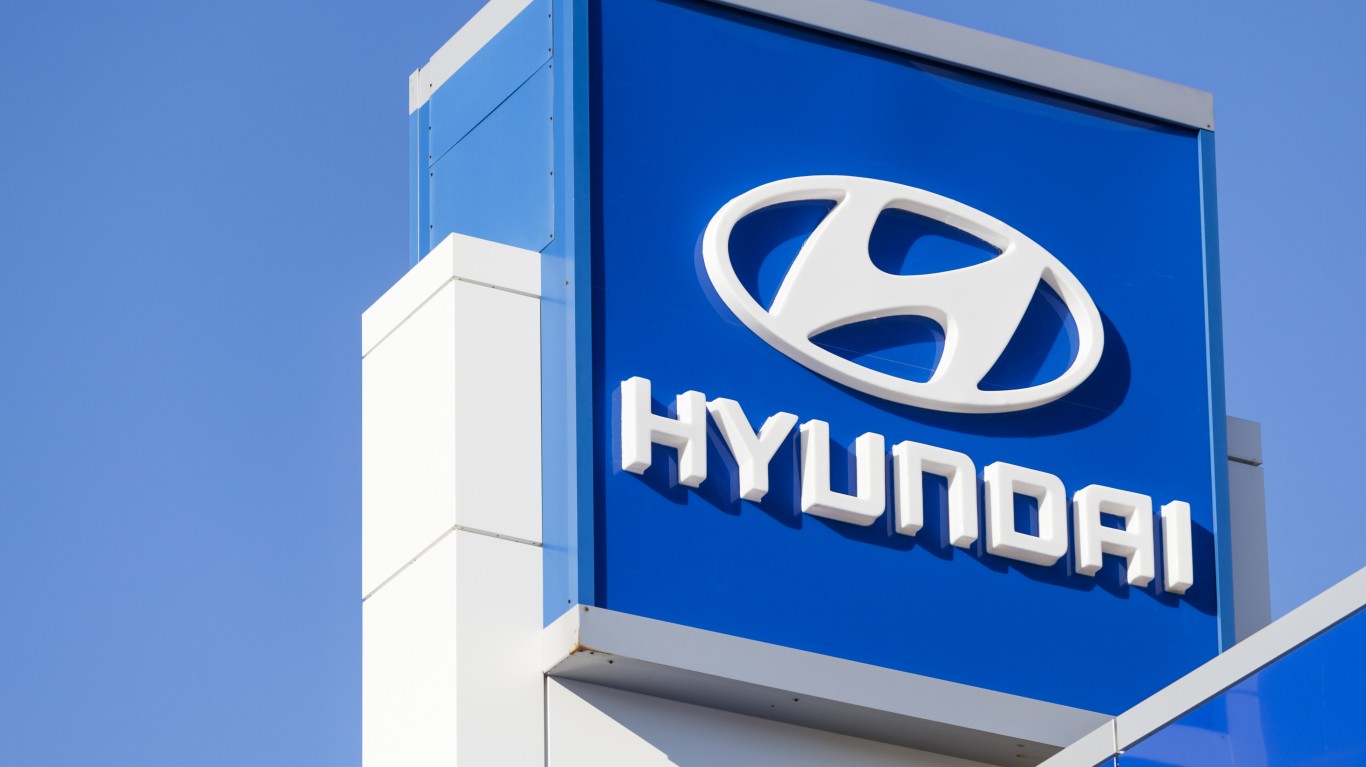
7. Automobiles: Hyundai
> Brand loyalty: 10 years
The South Korean automaker began life as a construction company after World War II and did not get into the car business until 1967 and did not enter the U.S. market until 1986. All three of the company’s brands â Hyundai, Kia, and Genesis â were top-rated in 2018’s J.D. Power Initial Quality Survey. As the quality of all new cars and light trucks has improved over the past 30 years or so, loyalty to a vehicle brand depends on exceeding expectations. No one is loyal to a poorly built automaker.
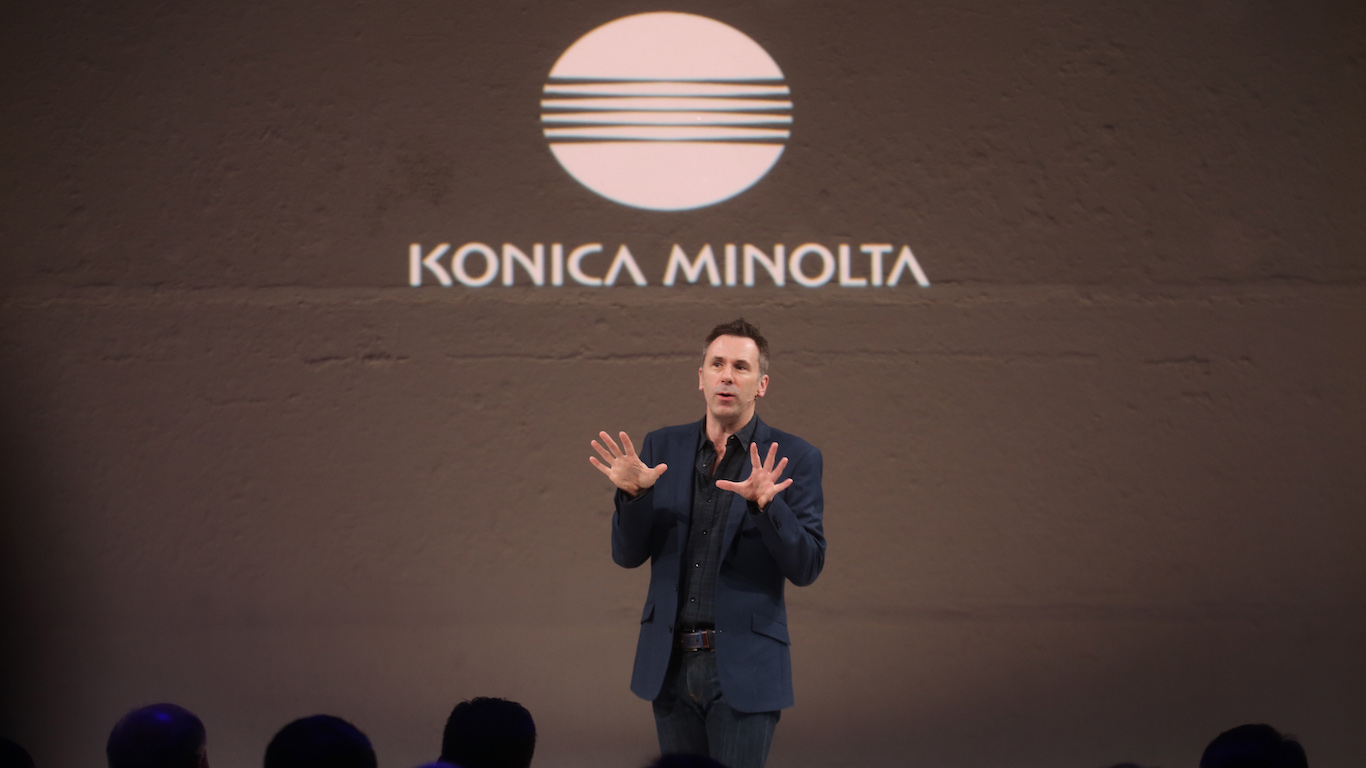
6. Multifunction Office Copiers: Konica Minolta
> Brand loyalty: 12 years
Even older than AT&T, Konica got its start in 1873 as a provider of photographic and lithographic materials. Camera-maker Minolta came along in 1928 and built and sold its first copier machine in 1960. The two companies established a joint venture in 2000 and merged in 2003, and pulled out of the photo and camera industry in 2007. There is no shortage of strong competition in the business printer/copier market with names like Samsung, Canon, HP, Fuji Xerox, and a host of others. Leading in brand loyalty in this sector is no small feat.
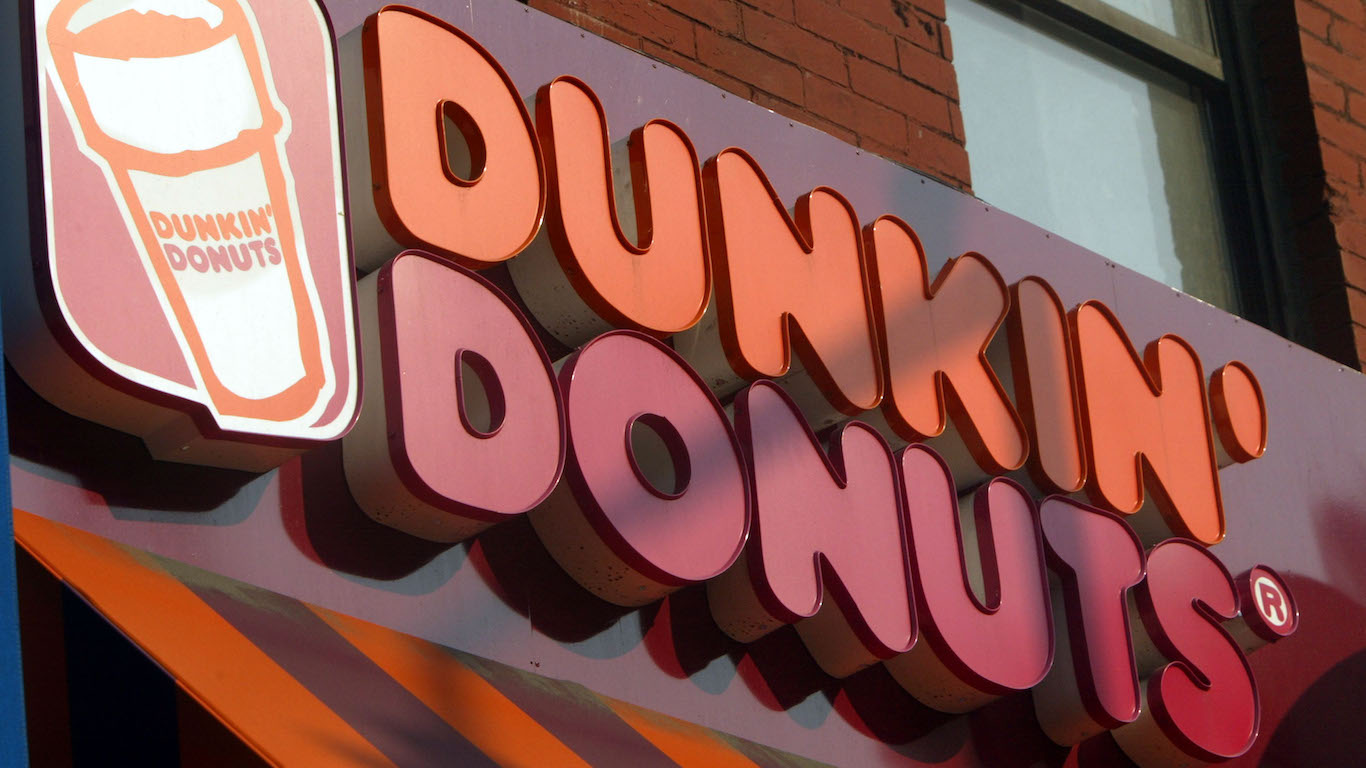
5. Out-of-Home Coffee: Dunkin’
> Brand loyalty: 13 years
Founded in Quincy, Massachusetts, in 1948 as a donut and coffee restaurant called Open Kettle, renamed Dunkin’ Donuts in 1950, the brand now goes only by its first name (sort of like Beyoncé). Given the fickleness of consumer tastes in nearly everything else, maintaining a top brand rating in what is, in effect, a commodity is no mean accomplishment. Holding on to its top rating for 13 straight years indicates that Dunkin’ continues to meet consumers’ lofty expectations.
[in-text-ad]
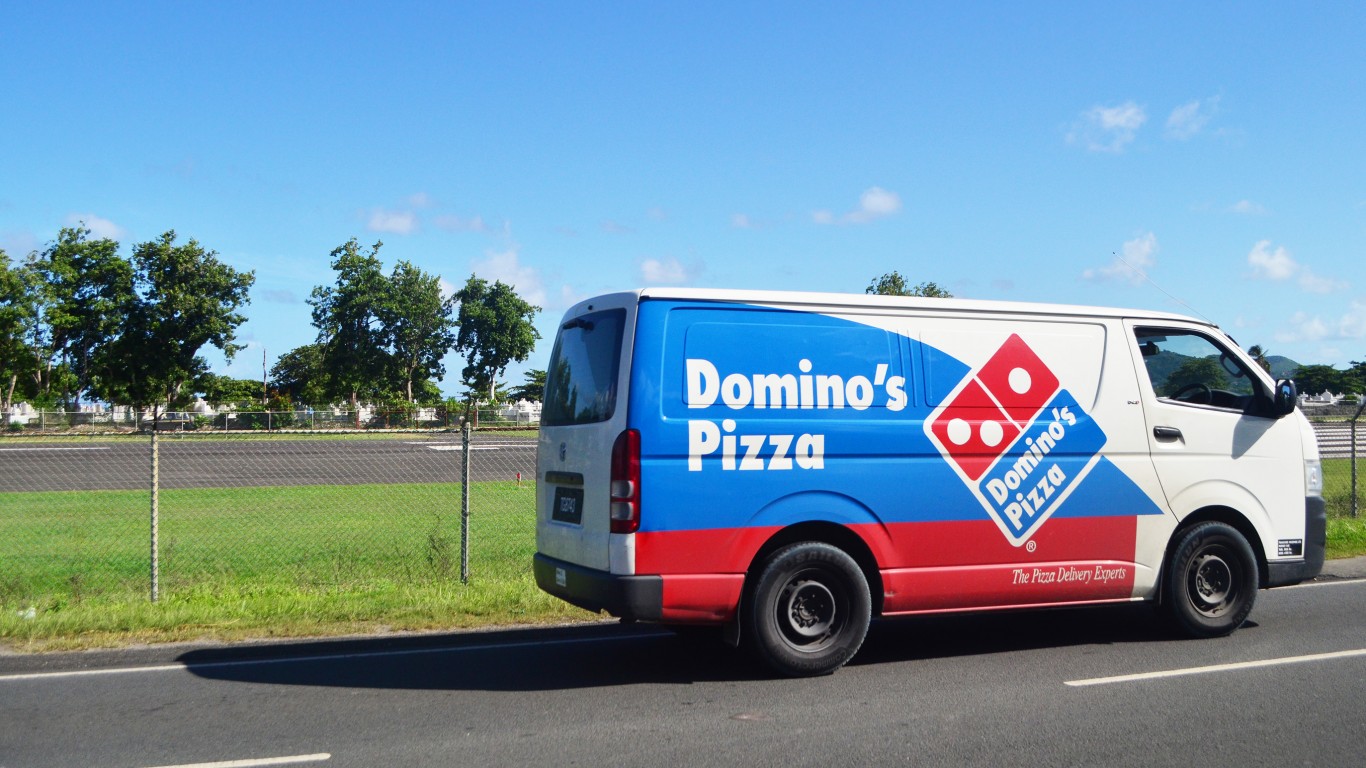
4. Pizza: Domino’s
> Brand loyalty: 15 years
Domino’s got its start in 1960 and by the 1980s had become identified with its “30-minutes or it’s free” delivery guarantee. The company dropped the quick-delivery promise following a number of auto accidents that were attributed to drivers trying to beat the 30-minute deadline. That 250+% increase in overall consumer trust expectations has not affected the pizza business; the category has experienced just an 8% rise year over year, suggesting that the trust level is likely as high as it’s going to get. Barring a major stumble, then, other pizza joints are going to have a hard time displacing Domino’s long-running perch at the top.
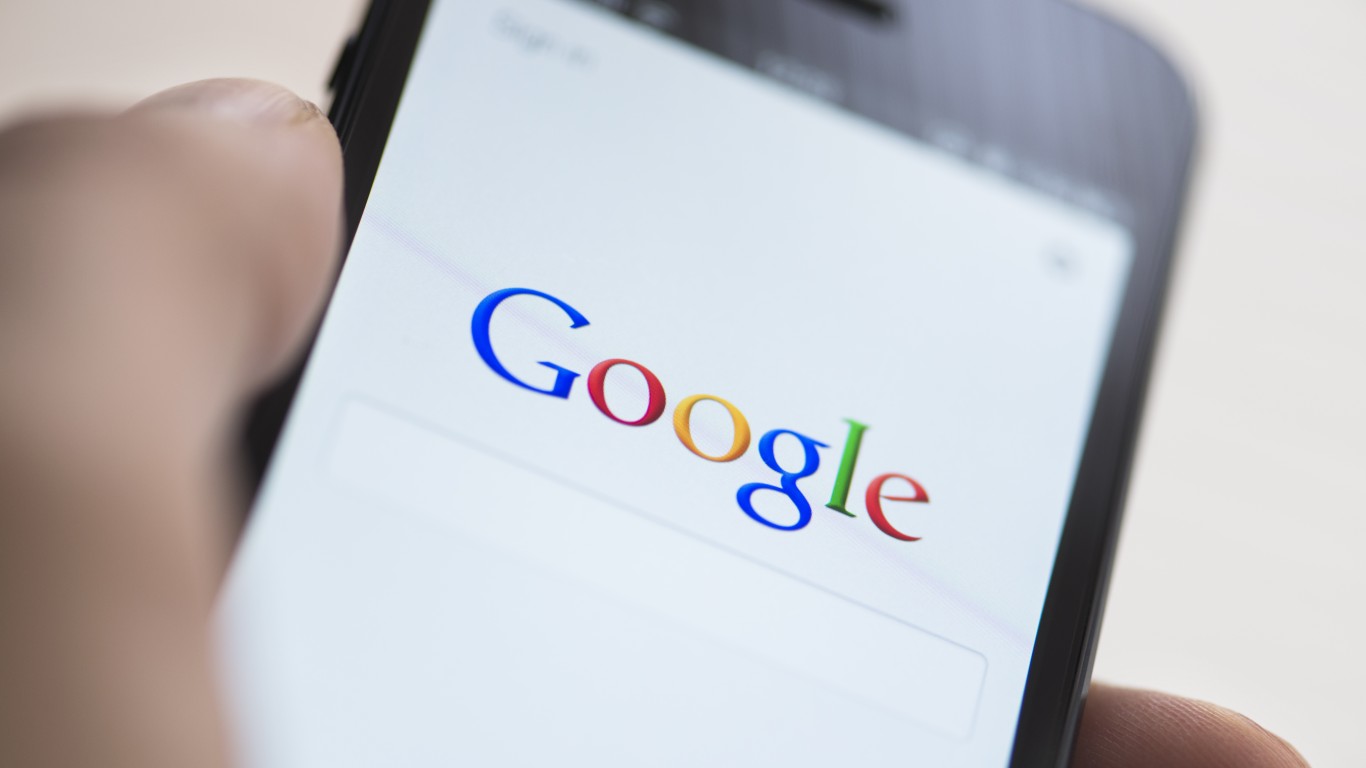
3. Search Engine: Google
> Brand loyalty: 19 years
The path to search dominance is littered with the corpses of search engines vanquished by Google. Search engines from Alta Vista, Lycos, Infoseek, Inktomi, HotBot, Ask Jeeves, and many others preceded Google, but the company’s page-rank system simply delivered higher quality results. And while some of the company’s business practices have come under fire recently, the power of its search engine remains undisputed: In January, Google’s search market share was nearly 93%.
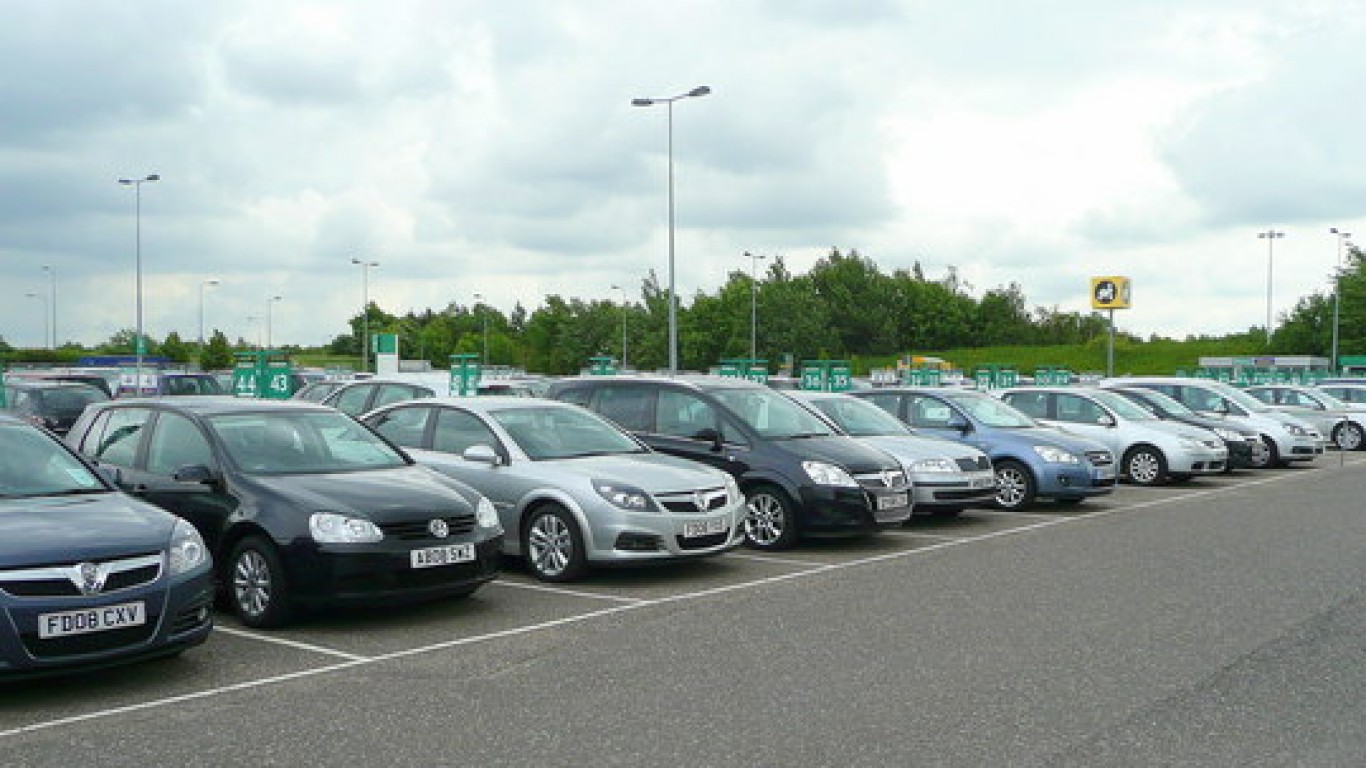
2. Car Rental: Avis
> Brand loyalty: 20 years
Avis rolled out its “We Try Harder” advertising and marketing campaign in 1962, framing itself as the number-two car rental company (behind Hertz). Americans love underdogs and this campaign played right into that love. The campaign was so successful that Avis didn’t drop the tagline until 2012. While Avis never did surpass Hertz to become number one, consumers remember that it has never stopped trying.
[in-text-ad-2]
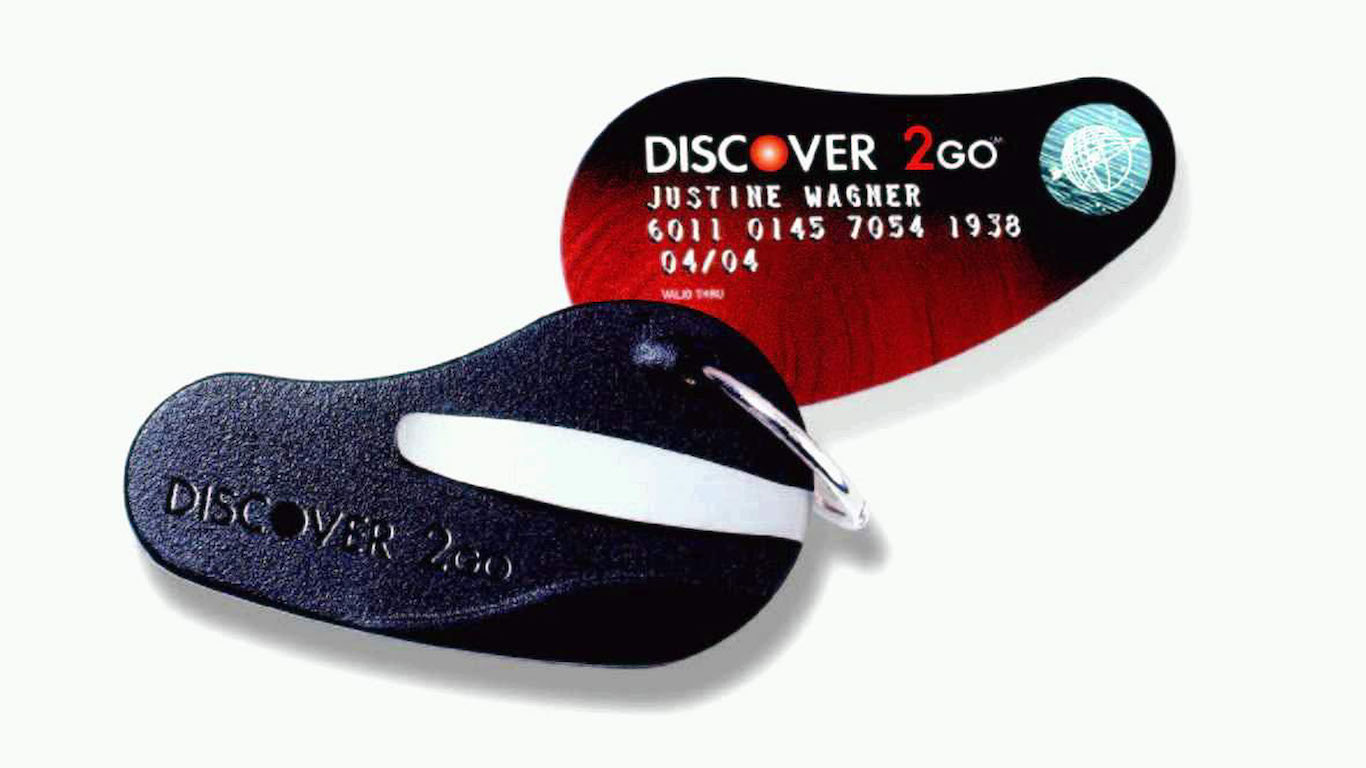
1. Credit Cards: Discover
> Brand loyalty: 23 years
The Discover card was launched in 1985 by Sears. The card charged no annual fee and offered a higher-than-usual credit limit, but other retailers were loathe to accept the card because that doing so was helping Sears, at the time still one of their chief competitors. Sears sold all its financial businesses in 1993, but the legacy of the Discover card continues â the card still does not charge an annual fee.
Want retirement to come a few years earlier than you’d planned? Or are you ready to retire now, but want an extra set of eyes on your finances?
Now you can speak with up to 3 financial experts in your area for FREE. By simply clicking here you can begin to match with financial professionals who can help you build your plan to retire early. And the best part? The first conversation with them is free.
Click here to match with up to 3 financial pros who would be excited to help you make financial decisions.
Have questions about retirement or personal finance? Email us at [email protected]!
By emailing your questions to 24/7 Wall St., you agree to have them published anonymously on a673b.bigscoots-temp.com.
By submitting your story, you understand and agree that we may use your story, or versions of it, in all media and platforms, including via third parties.
Thank you for reading! Have some feedback for us?
Contact the 24/7 Wall St. editorial team.